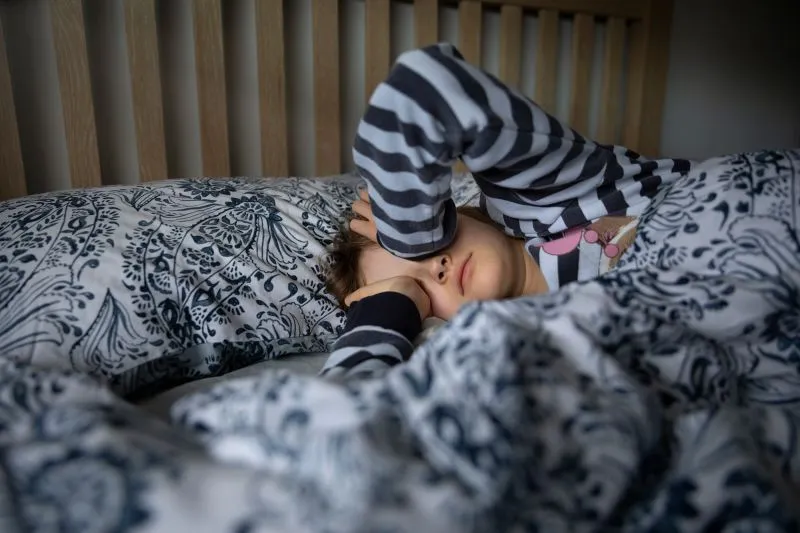Childhood Sleep Disturbances Linked to Increased Suicide Risk: Findings from Recent Research

Understanding the Impact of Sleep on Youth Mental Health
If your child is facing difficulties with sleep, it is essential to recognize the potential long-term consequences. A recent study published in JAMA Network Open indicates that children experiencing severe sleep disturbances at age 10 are at a significantly elevated risk for developing suicidal thoughts and actions by age 12.
Study Insights and Findings
- The study revealed that nearly 1 in 3 participants who reported severe sleep issues experienced suicidal behavior later on.
- According to senior author Dr. Rebecca Bernert, focusing on sleep health could be a foundational step in suicide prevention efforts.
- Participants of color and female adolescents showed a higher correlation with increased risk.
Importance of Sleep Health
Sustained good sleep habits are critical for children and teens, contributing not just to physical health but also emotional regulation and overall well-being. Dr. Christopher Willard emphasized that sleep's role in brain development can impact mood and anxiety levels significantly. Therefore, addressing sleep quality should be a priority.
Supporting Healthy Sleep Habits
Encouraging your child to follow healthy sleep practices can mitigate risks of future mental health issues. Strategies include:
- Maintaining a consistent bedtime routine.
- Limiting screen time before bed.
- Promoting relaxation activities like reading or listening to calm music.
- Engaging in mindful practices to manage emotions.
Parents should stay vigilant regarding changes in sleep patterns and seek professional guidance if sleep issues persist. Open dialogue about mental health can create a supportive environment for children, which is essential for preemptive care.
This article was prepared using information from open sources in accordance with the principles of Ethical Policy. The editorial team is not responsible for absolute accuracy, as it relies on data from the sources referenced.